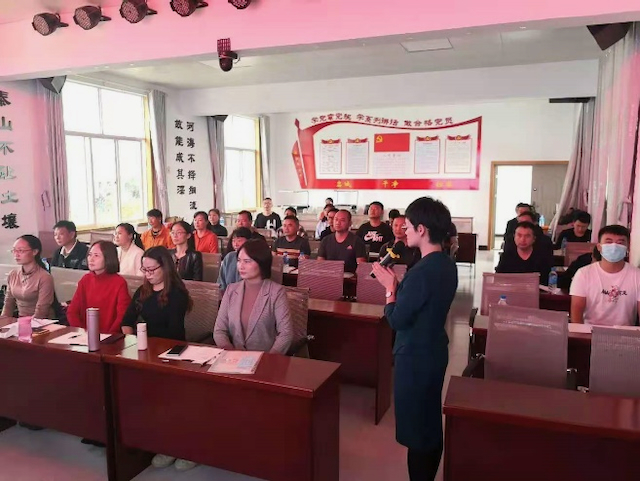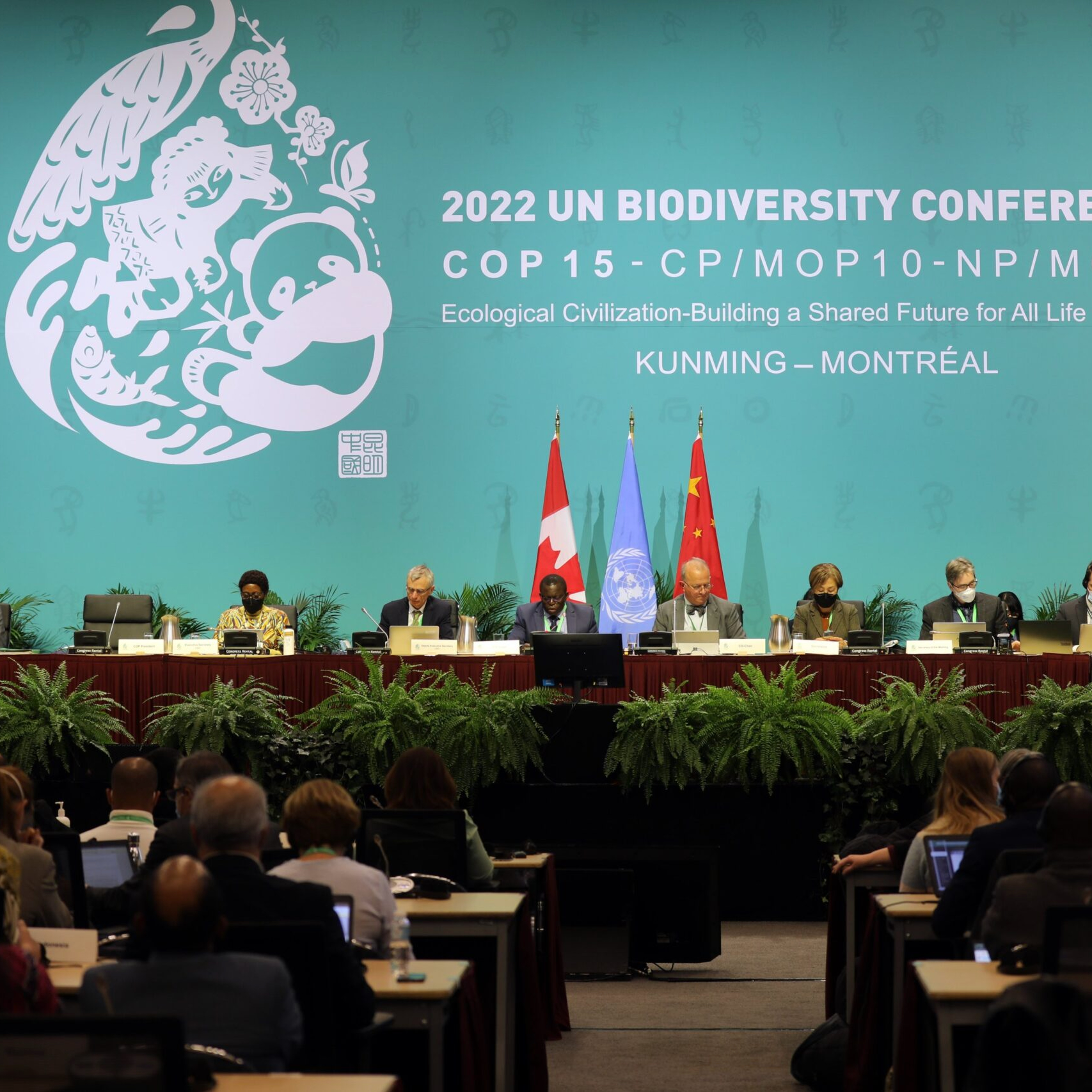As the world faces the pressing challenge of climate change, international forums like the United Nations Climate Change Conferences play a pivotal role in shaping global responses. The COP15 conference holds particular significance as it aims to establish a post-2020 global biodiversity framework. In this context, the participation of diverse stakeholders, including non-governmental organizations like the Xufancheng Culture Study Center, becomes crucial for fostering dialogue and collaboration. Drawing insights from Part 1 and Part 2 of our study, we explore the perspectives and contributions of the Xufancheng Culture Study Center as an observer at UN COP15.
Participation as an Observer:
The Xufancheng Culture Study Center participated as an observer at UN COP15, it signifies a commitment to engaging with global environmental challenges. Serving as a platform for cultural exchange and environmental advocacy, the center brings unique perspectives to the conference discussions. By observing negotiations, attending side events, and networking with delegates, the center gains valuable insights into the complexities of biodiversity conservation and sustainable development.
Integration of Insights from Part 1 and Part 2:
- Part 1 of our study delved into the rich cultural heritage of Xufancheng and its interconnectedness with nature. It highlighted indigenous knowledge systems, traditional practices, and community-based conservation efforts that promote biodiversity and environmental stewardship. These insights underscore the importance of incorporating traditional ecological knowledge into contemporary conservation strategies—a theme that resonates strongly with the objectives of COP15.
- In Part 2, we examined the center’s initiatives focused on environmental education, sustainable tourism, and community engagement. By empowering local communities, fostering environmental awareness, and promoting sustainable livelihoods, the center exemplifies grassroots efforts to address climate change and biodiversity loss. These initiatives demonstrate practical solutions that can complement broader policy frameworks discussed at COP15.
Key Observations and Recommendations:
Through participation at COP15, the Xufancheng Culture Study Center offers several key observations and recommendations:
- Recognition of Indigenous Knowledge: COP15 acknowledges the value of indigenous knowledge in biodiversity conservation and integrate it into decision-making processes and policy frameworks.
- Community Participation: Meaningful engagement of local communities is essential for the success of biodiversity conservation initiatives. COP15 should prioritize mechanisms for inclusive participation and support community-led conservation efforts.
- Sustainable Tourism: Promoting sustainable tourism practices can contribute to biodiversity conservation and support local economies. COP15 should encourage policies that incentivize responsible tourism and minimize negative environmental impacts.
- Education and Awareness: Environmental education and awareness programs play a critical role in fostering a culture of sustainability. COP15 should emphasize the importance of education in promoting biodiversity conservation and building climate resilience.
Conclusion:
The Xufancheng Culture Study Center’s participation as an observer at UN COP15 underscores the importance of multi-stakeholder engagement in addressing global environmental challenges. By integrating insights from Part 1 and Part 2 of our study, the center offers valuable perspectives on biodiversity conservation, sustainable development, and the role of traditional knowledge. As COP15 deliberates on the post-2020 global biodiversity framework, it is imperative to prioritize inclusive approaches that empower local communities, recognize indigenous wisdom, and promote sustainable practices. Through collaborative efforts, we can work towards a more resilient and biodiverse planet for future generations.





